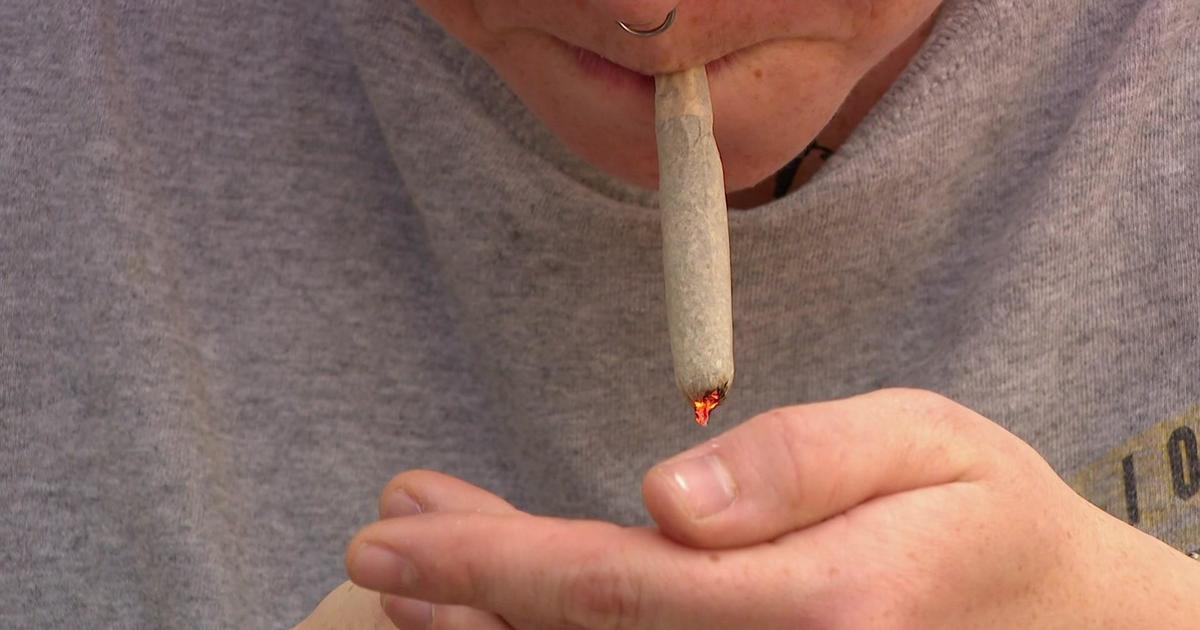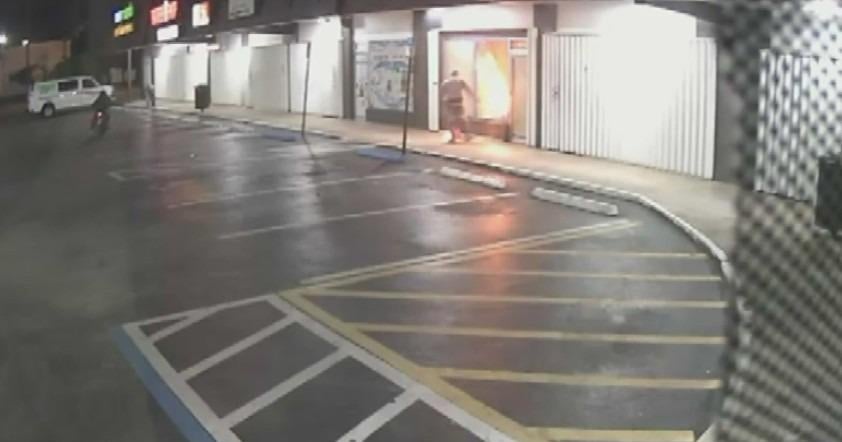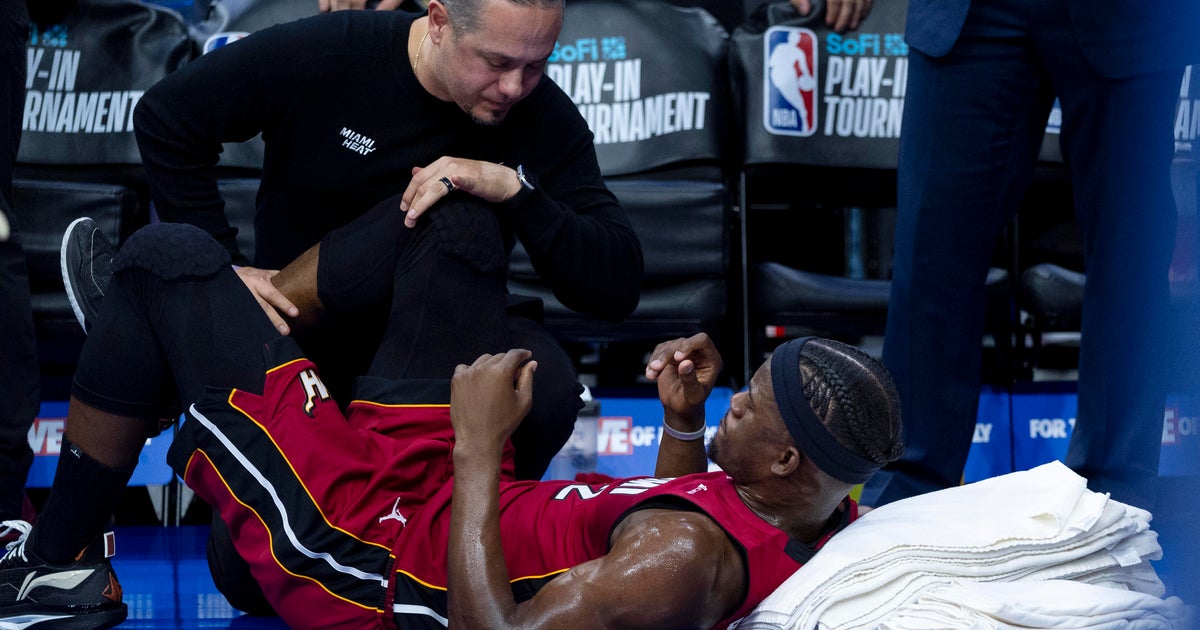Who's Killing Electric Cars Again?
Juan Cordero's car shopping again.
Business is good enough for the South Miami furniture designer, that he's back checking out local showrooms.
While he wants to save money at the gas pumps, he's still not sure about the latest hybrids or electric cars hitting the market, like Chevy's Volt.
But as a careful shopper, he says it's mid-$40's price tag is too much for him.
Cordero explains, "One is the price and maybe they haven't tweaked it enough. Haven't done what the consumer is looking for. It's a good looking car, but too small and too expensive".
With an almost 3 month inventory of Volts, General Motors temporarily shut down its' assembly line.
To boost sales and move existing inventory, it's offering new incentives like 0% financing and $3000 markdowns.
Sales Manager Gabriel Camps of Maroone Chevrolet in Doral says "We sell about 2-3 Volts a month so it's not one of our big production cars, big volume cars. There's not much coming in looking for it"
It's not alone.
Nissan's all-electric Leaf is also a slow seller with its' mid-30's price tag and limited battery range of about 100 miles per charge.
Nissan has reportedly bought back several of them after owners complained they didn't get the battery life Nissan advertised.
Dave Rodriguez, General Manager at Maroone Nissan of Miami, says "We'd like to see more growth , no doubt about it."
Publically available electric charging stations for all-electric or plug-in Hybrids are one of the biggest attractions for owners of electric vehicles who will just need unplug the standardized cables from the charging stations and plug them into the vehicles' universal charging plug.
That sounds easy enough, but that's also one of the biggest problems for anyone who owns an all-electric vehicle around South Florida.
What's the problem?
It turns out there are hardly any public charging stations around South Florida. A new one was just installed in the City of Miami Beach's Parking Garage at 13th and Collins Avenue. It's believed to be the first of its' kind in Miami Beach.
Critics say without more of them, electric car owners have few choices where they can drive before having to recharge.
Dave Rodriguez explains, "The local and national infrastructure is a work in progress and we haven't seen ..we probably haven't see as much of an advancement in that area as of yet as we're hoping to.
And because of battery problems and lack of consumer demand, Toyota in Japan just pulled the plug on its' production of the new all-electric "E-Q" mini car.
It's decided to just make 100 of them and only offer them for sale in Japan and California.
But other carmakers including Ford and Mitsubishi are still developing their electric and hybrid projects.
To sweeten the deal for consumers, there's a $7000 income tax credit to encourage sales throughout the United States.
Rodriguez adds "I think it's more right now fear of the unknown. I think infrastructure has something to do with it..once that's in place and once the battery technology elevates that range, past 100 miles per charge, I think you'll see a much greater acceptance of the project."
Insiders know battery and hybrid technology is expected to improve in the future. The big question right now is are consumers ready to spend money today for a technology that has yet to deliver all that it promises.



